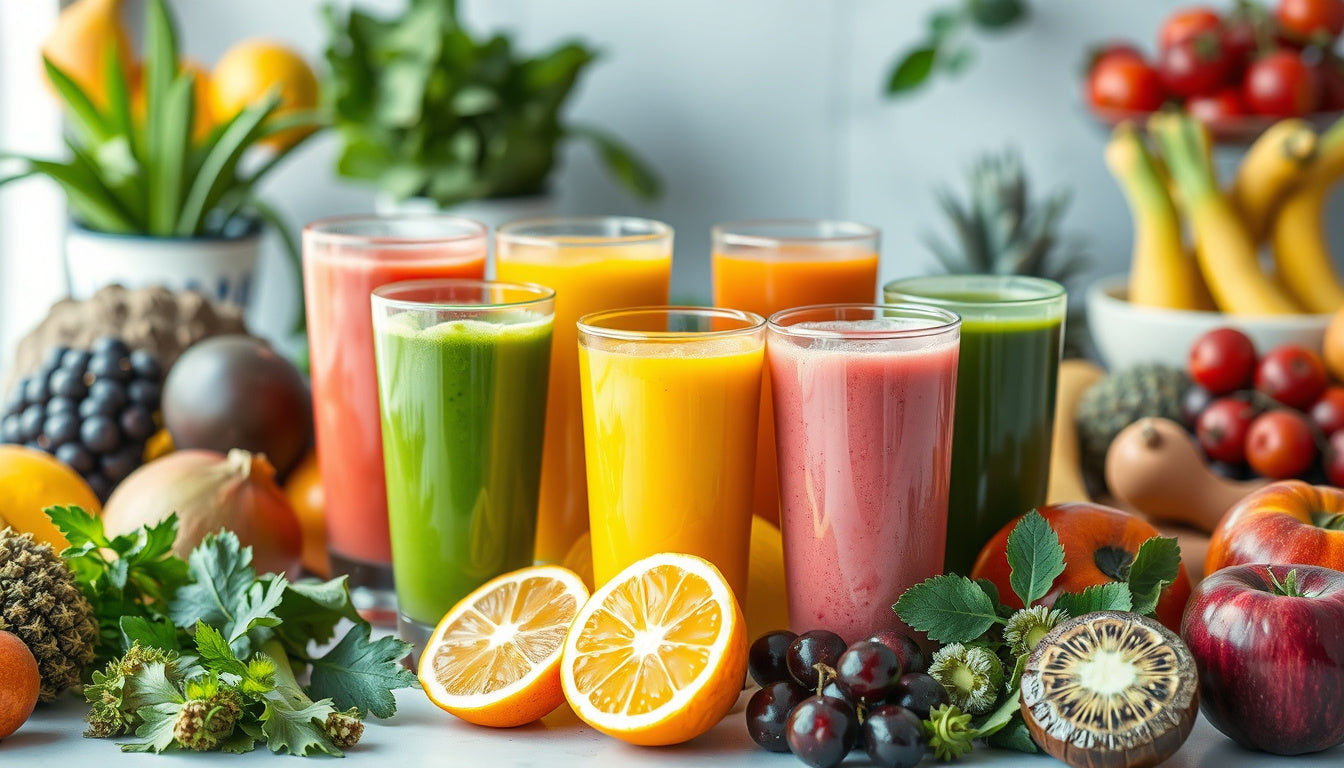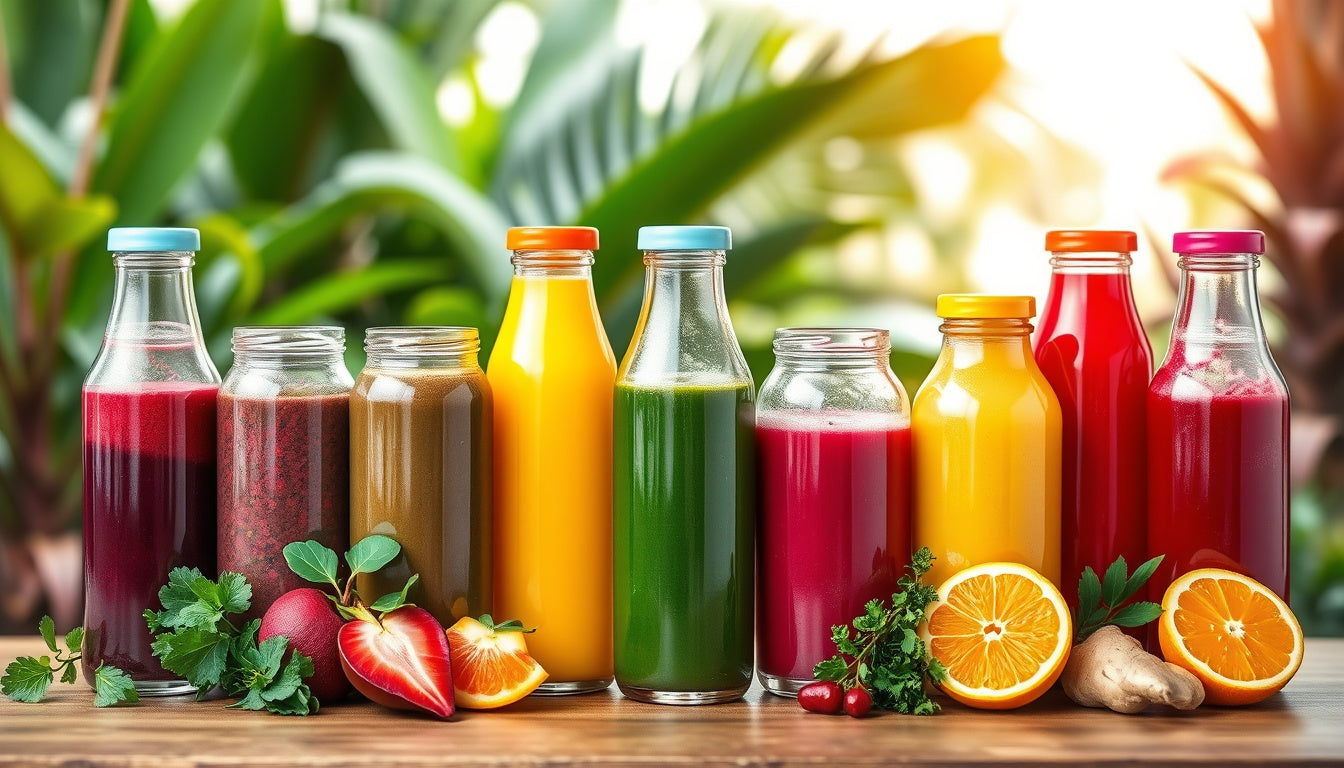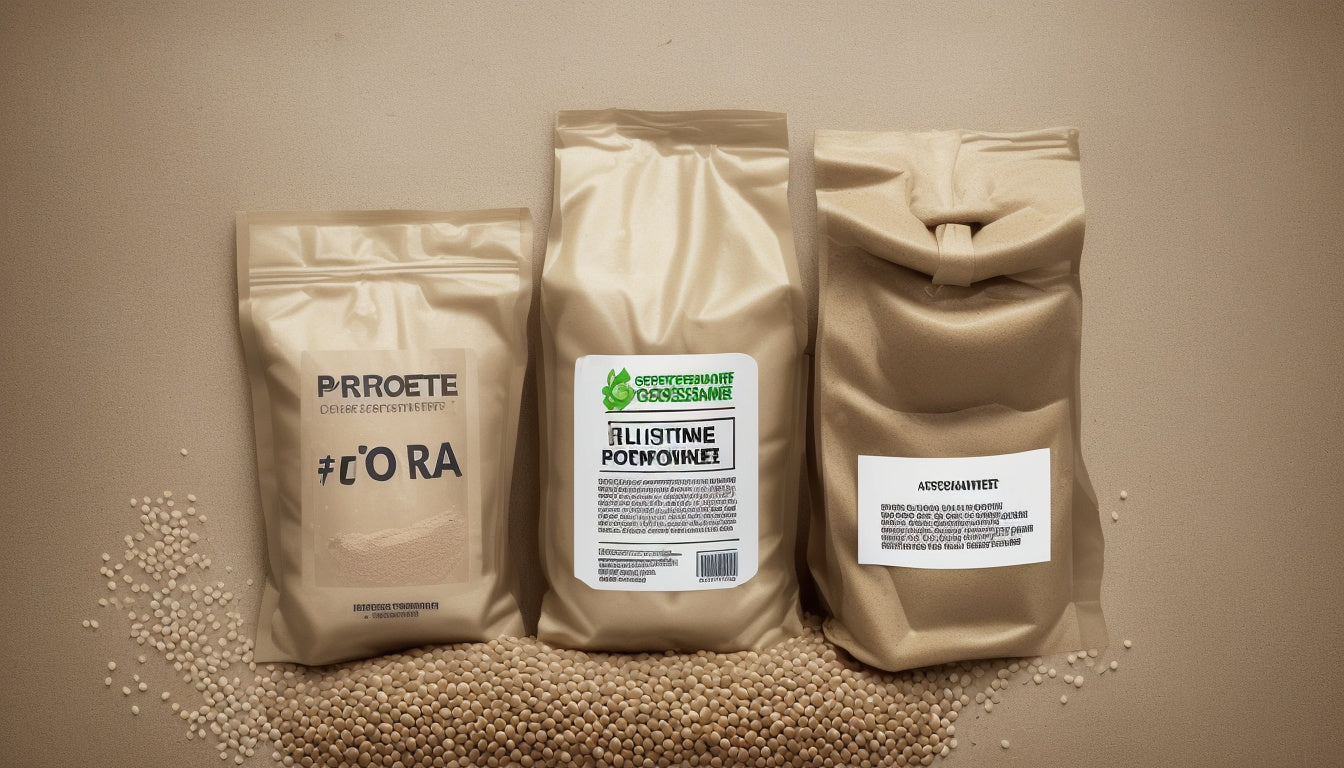
Nourish Your Body: The Ultimate Guide to Juices for Optimal Health
In today's fast-paced world, maintaining optimal health is essential, and what better way than through natural juices? Juices and smoothies have become popular for their convenience and rich nutrient profiles. Whether you're considering fruit juices, vegetable juices, or blends, understanding their benefits can help you make informed choices for your well-being.
Understanding Juices and Smoothies
Both juices and smoothies are excellent ways to consume fruits and vegetables, but they differ significantly:
- Juices extract the liquid from fruits and vegetables, removing the pulp and fiber.
- Smoothies blend whole fruits and vegetables, retaining fiber along with all nutrients.
Juices provide a concentrated source of vitamins and minerals, while smoothies offer the additional benefit of fiber, which supports digestion.
Fruit Juice vs. Vegetable Juice: What’s Best for You?
Fruit Juices
Fruit juices are naturally sweet and flavorful, usually rich in vitamins like Vitamin C and antioxidants.
- Pros: Provide quick energy, rich in natural sugars and vitamins.
- Cons: Can be high in sugar, which may affect blood sugar levels if consumed excessively.
Common fruits used in juices include oranges, apples, grapes, and berries. These are packed with nutrients but are best consumed in moderation.
Vegetable Juices
Vegetable juices are less sugary and packed with essential vitamins, minerals, and antioxidants.
- Pros: Lower in sugar, rich in fiber (if blended), and promote detoxification.
- Cons: May have an acquired taste; less sweet compared to fruit juices.
Popular vegetables like carrots, spinach, kale, and cucumber are frequently used in juices for detox and health benefits.
Combining Fruits and Vegetables for Balanced Nutrition
A mix of fruits and vegetables in juices can offer the best of both worlds—flavor and health.
- Combine sweet fruits like apples or pineapples with leafy greens or beets.
- Experimenting with combinations ensures a variety of antioxidants, vitamins, and minerals.
- Balanced juices can be a great way to support your immune system and overall vitality.
Beyond Juices: Exploring Beverage Options for Health
Coffee Choices: Milk Coffee vs. Black Coffee
Coffee is a favored beverage for many, and understanding its health impact is important.
- Milk Coffee: Contains milk and sugar, adding calories but providing calcium.
- Black Coffee: Contains no calories and is rich in antioxidants that may improve metabolism.
Moderate black coffee consumption has been recognized for boosting alertness and possibly contributing to heart health.
Tea: Soul Soother vs. Health Enhancer
Tea is celebrated worldwide for various health benefits, with two popular types being:
- Regular Tea (Chai): Comforting and often enjoyed with milk and sugar, great for relaxation.
- Green Tea: Known for health benefits, including antioxidants and metabolism boosters.
Green tea serves as a natural remedy to aid weight management and supports overall well-being.
Final Thoughts: Incorporate Juices for a Healthier Life
Incorporating juices and healthy beverages into your daily routine can significantly enhance your nutrient intake, support detoxification, and boost energy. Aim for a balanced approach with a blend of fruit and vegetable juices and mindful beverage choices like black coffee or green tea for optimal health.
For those interested in holistic well-being, including hair health, consider exploring quality hair products that complement your internal nourishment by supporting external beauty.
By understanding the diverse benefits of juices and beverages, you can take proactive steps toward nourishing your body optimally and achieving lasting health.













